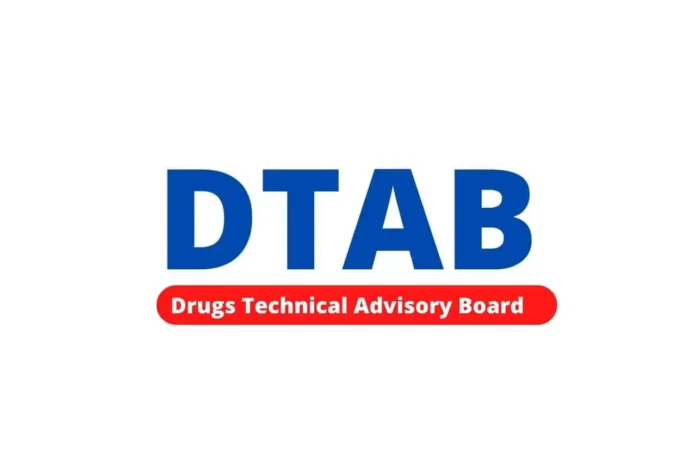Last Updated on November 11, 2024 by The Health Master
DTAB
In a move to streamline regulatory processes and align with international best practices, the Drugs Technical Advisory Board (DTAB) has proposed significant amendments to India’s Medical Device Rules (MDR), 2017.
The primary focus of these amendments is to expedite the approval process for medical devices that have already received regulatory clearance from stringent global health authorities.
Key Amendment: Recognizing EU Regulatory Authority
One of the most significant proposed changes is the inclusion of the European Union (EU) in the list of regulatory authorities whose approvals can be recognized for medical device submissions in India.
Currently, the MDR only recognizes approvals from the United States, United Kingdom, Australia, Canada, and Japan.
By extending this recognition to the EU, India aims to:
- Accelerate Market Access: Reduce the time and cost associated with clinical trials and regulatory submissions for medical devices that have already undergone rigorous evaluation in the EU.
- Enhance Patient Safety: Leverage the stringent regulatory standards of the EU to ensure the safety and efficacy of medical devices available in India.
- Foster Global Collaboration: Strengthen international cooperation in medical device regulation and promote innovation.
Maintaining Rigor for In-Vitro Diagnostic Devices (IVDs)
While the DTAB has proposed to streamline the approval process for certain medical devices, it has maintained a cautious approach to IVDs.
The Board has reaffirmed its stance that clinical performance evaluation is essential for IVDs to ensure their accuracy and reliability in the Indian context.
The DTAB’s decision is based on the recognition that:
- Population Variability: Biological, genetic, and environmental factors can significantly impact the performance of IVDs.
- Need for Localized Data: Clinical performance evaluation helps to assess the accuracy and reliability of IVDs in the Indian population.
In conclusion, the proposed amendments to the MDR, 2017, represent a significant step forward in India’s efforts to modernize its medical device regulatory framework.
By aligning with international standards and streamlining the approval process, India aims to create a more conducive environment for innovation and access to advanced medical technologies.
However, the Board’s decision to maintain stringent regulations for IVDs underscores the importance of patient safety and the need for rigorous scientific evaluation.
Disclaimer: This article contains information derived from the source mentioned below. Our team utilized an AI language model to rewrite and present the news or article in a unique format.
DTAB recommends Stricter Qualifications for Wholesale Drug Licenses
DTAB agrees with proposal to amend New Drugs and Clinical Trials Rules
DTAB recommends changes to New Drugs and Clinical Trials Rules
DTAB’s recommendations about tackling the Antimicrobial Resistance Crisis
DTAB: Pain Relief Combo Faces New Ban Recommendation
DTAB: Study required to substitute the Prescriptions at Jan Aushadhi Store
USFDA approval granted for Diltiazem Hydrochloride extended-release capsules
Drug alert: 67 drug samples declared as NSQ in September 2024
Govt rejects review applications from 5 Pharma Companies on pricing of Metoprolol
USFDA declines to approve this Hormone Disorder Drug
DTAB recommends Stricter Qualifications for Wholesale Drug Licenses
Price fixation of Wysolone DT Tablets: Review application rejected
Two new Drug Testing Laboratories open: Gujarat FDCA
Streamlining Pharma Exports: DGFT Introduces Electronic Submission system
DTAB agrees with proposal to amend New Drugs and Clinical Trials Rules












